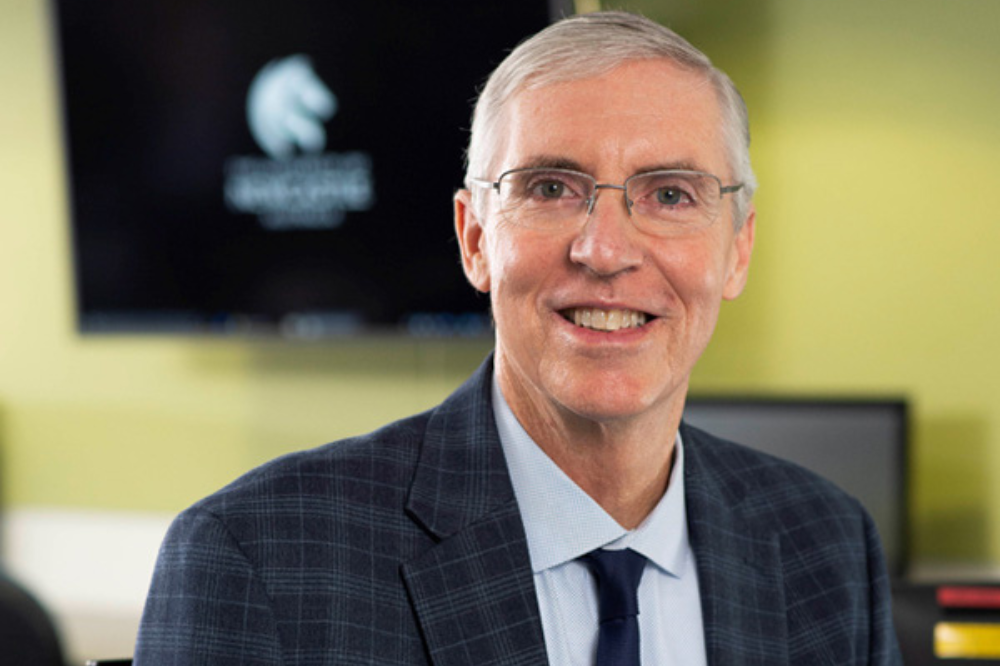
For the last 100 years of so, high school as we’ve known it has been dominated by high stakes, high-pressure exams. Those who run them argue they’re needed to demonstrate that students have not only retained what they’ve learned, but are worthy of entry into the tertiary world.
However, a growing number of experts say these exams have outlived their usefulness and should be done away with.
One of them, Professor John Fischetti from the University of Newcastle’s College of Human and Social Futures, has conducted studies that demonstrate that schools can now reliably predict a students’ academic results – before the exams have already begun.
Two years ago, the College of Human and Social Futures, University of Newcastle studied more than 10,000 students in the Catholic Education Diocese of Paramatta, NSW. This study was recently repeated to include 20,000 students across 21 exam areas.
Together with his team, the study’s lead author, Professor John Fischetti, used predictive analytics which links multiple pieces of information about student progression through school.
Seventeen variables, including year 9 NAPLAN scores, Higher School Certificate subject choices and year 11 attendance, including demographic information, such as how long a student has lived in Australia and a school’s socioeconomic rating, were used.
Across both studies, the researchers found they could predict year 12 results in year 11, with a 93% accuracy rate.
Professor Fischetti says schools are “too often places where young people go to watch their teachers work, and to prepare for tests.”
“Schools of the future are places young people go to be inspired, to learn the key knowledge, skill and dispositions they need to be vibrant contributors is a free and civil society,” Professor Fischetti told The Educator.
“Equally important, schools of the future are places where young people are able to become who they are, focussing on their talents, passions and gifts. Our young people are guided by their coaches, guides, mentors and inspirations – their teachers.”
Professor Fischetti says the focus of study is not just on engagement and relevance, with strong literacy, numeracy, writing collaboration and thinking skills but also on developing keenness toward making an impact on society and serving humanity.
“As machines tell us what to do rather than we tell them what to do, we should also emphasise higher-order skills that keep the focus on innovation, creativity and improving the human experience.”
‘Everything is still on the table’
Professor Fischetti said he commends Year 11 and Year 12 students for their resilience and perseverance over the last three tumultuous years.
“No one signed up for doing their senior years of high school during a pandemic,” he said.
“As the exam season goes full on this week it is crucial that our students do their best to manage their health – eating well, resting, exercising and finding time to breathe. The stress of the examinations can be overwhelming.”
Professor Fischetti pointed out that “every option is available to our students the day after the exams wrap up.”
“If the results turn out well, the resulting ATAR score will unlock access to TAFE and University degrees of their choice. If not, then Plan ‘B” options include starting in a different degree, such as Biomedical Sciences on the way to transferring into Medicine,” he said.
“Or for those whose results turn out poorly for whatever reason can start with an enabling program to boost their skills to transfer into a degree program in six months or a year.”
Professor Fischetti said there is very little that ‘cramming’ at the end does to improve retention.
“It makes sense the night before an exam after a short review, to go to the cinema, take a walk in the bush or on the beach or spend some time with friends enjoying a distraction. Go into the exams fresh, not worn out. A marathon runner wouldn’t run a marathon the day before a marathon,” he said.
“Families have an obligation to support their young people with kindness, love and patience. The stress of the exams can be debilitating and we need to comfort them and promote them that no matter what, they will have an amazing life. Everything is still on the table. We just may need Plan B.”


